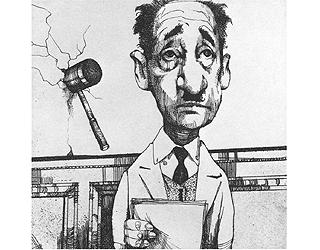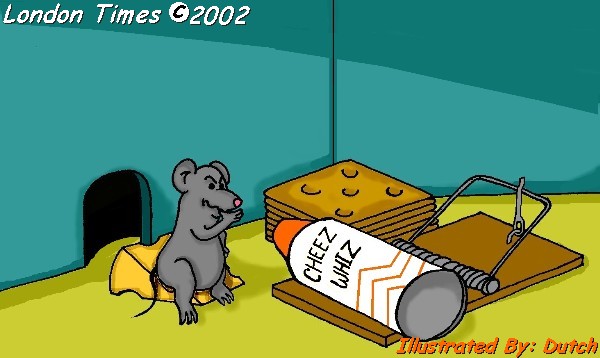
The first is a meta-objection to Behe's approach to the origin of life. True, cells and organisms are complex, and we do not understand how everything evolved according to natural selection. But that does not mean that natural selection did not produce these results. Behe's approach them comes down to an argument from ignorance and because of this ignorance of how evolution has worked in certain cases he immediately grasps for an unscientific explanation - namely intelligent design.
The second meta-objection is that if Behe & Company are right then what you have is an Intelligent Designer who can create a universe that is capable of supporting life and having life adapt but still requires frequent intervention. Why would an ID not just make a system that can evolve all the things that he wills to exist based fundamental laws that he sets down from the beginning?
The second type of objection is one that deals specifically with biochemical evolution and how certain complex systems might have come about. Here are some examples:
a) What about the possibility that the vast amount of psuedogenes (sections of DNA that have no known current use and are left over from earlier ancestors) point to how a complex system could have arisen since there is all this leftover material. The process of creating pseudogenes is one that should arise naturally from another either tandem duplication or transcription and integration (don't get scared, you don't have to know how either of these things work or even what they are to understand the argument here- just nod your head intelligently and keep reading) and so now we have a way that complex systems could have been created.
Behe's reply is simply that even if everything that is said above is true it really doesn't matter. All that is stated above is how pseudogenes come to be, but how did this process evolve? We have an explanation for how pseudogenes came to be but what about the more basic question of how the thing that created the thing which might cause evolution came to be. Don't we have to explain this first?

Keith Robinson came up with the idea of simply putting the staples into the ground and getting rid of the base. This produces a functional yet inferior product.
Behe responded to this simply by saying that he acquired another type of base and discarded the one he was given.
Robinson thought he was taking a car and turning it into a simpler convertible by leaving off the roof. Behe thought that Robinson simply used garbage bags and duck tape to build another type of roof - but something that was still a roof.
c) Another objection that catalytic activity triggered by the Y chromosome's initial stimulus has a profound effect on the systemic mutation of the X chromosome leading to a biochemical chain reaction culminating in the aromatic biosynthesis of prokaryotes clearly outlining a process which Behe's initial theoretical claim fails to sustain its own logic.
Just kidding.